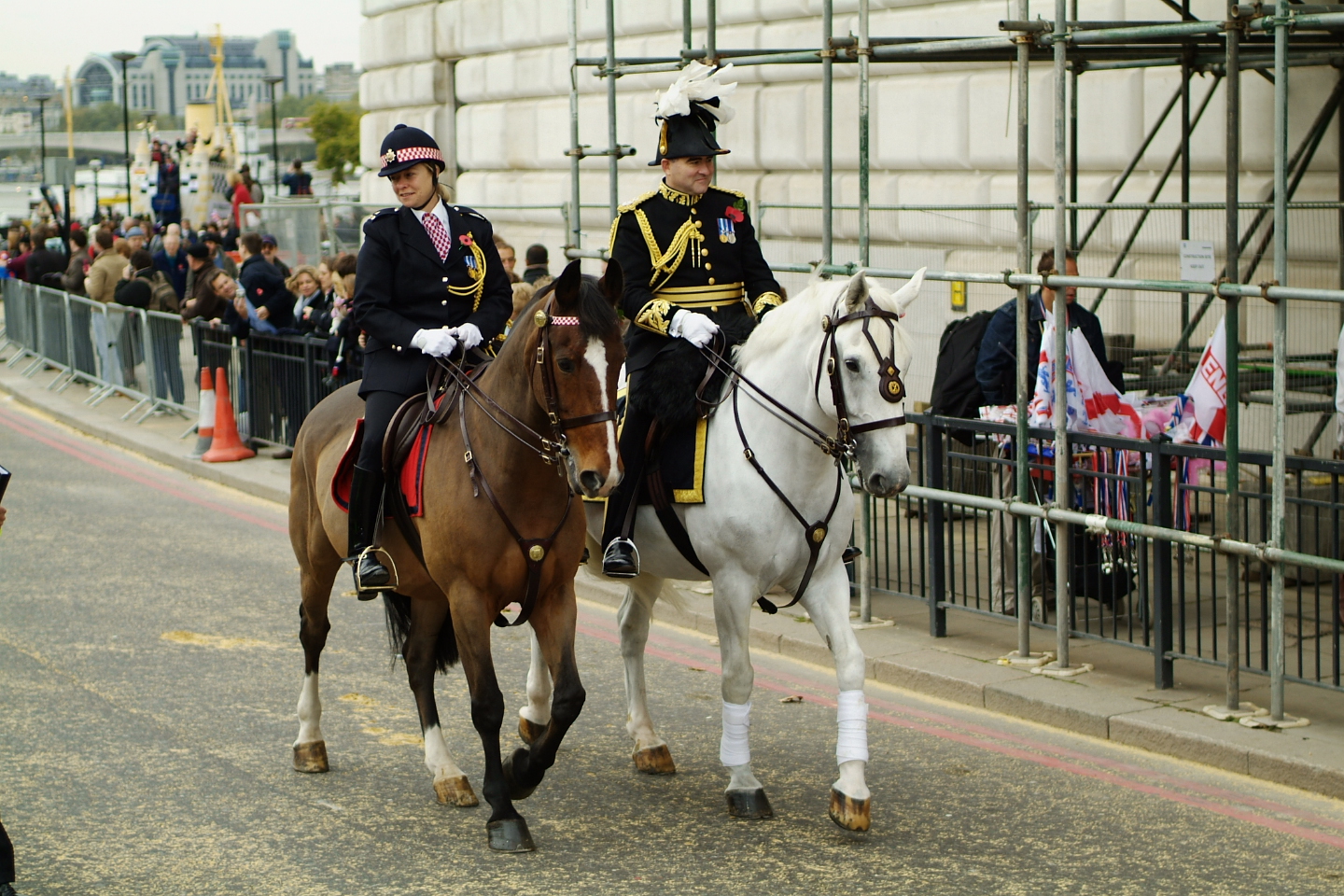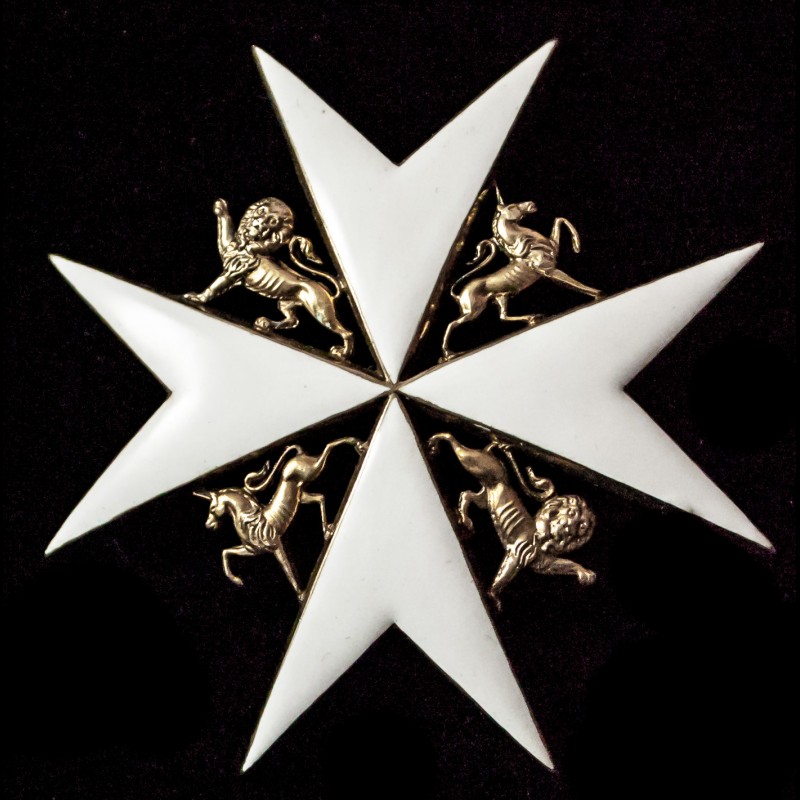|
Perry Nove
Perry Richard Nove is a retired British senior police officer who served as Commissioner of the City of London Police from 1998 to 2002. Police career Nove was awarded the Queen's Police Medal (QPM) in the 1997 Queen's Birthday Honours in recognition of his service as assistant commissioner for the City of London Police. He was appointed Officer (Brother) of the Order of St John (OStJ) in 1999, and Commander of the Order of the British Empire The Most Excellent Order of the British Empire is a British order of chivalry, rewarding contributions to the arts and sciences, work with charitable and welfare organisations, and public service outside the civil service. It was established ... (CBE) in the 2003 New Year Honours for services to the police. References {{DEFAULTSORT:Nove, Perry Commissioners of the City of London Police Living people Year of birth missing (living people) Commanders of the Order of the British Empire English recipients of the Queen's P ... [...More Info...] [...Related Items...] OR: [Wikipedia] [Google] [Baidu] |
City Of London Police
The City of London Police is the territorial police force responsible for law enforcement within the City of London, including the Middle and Inner Temples. The force responsible for law enforcement within the remainder of the London region, outside the city, is the much larger Metropolitan Police, a separate organisation. The City of London, which is now primarily a financial business district with a small resident population but a large commuting workforce, is the historic core of London, and has an administrative history distinct from that of the rest of the metropolis, of which its separate police force is one manifestation. The City of London area has a resident population of around 8,700, however there is also a daily influx of approximately 513,000 commuters into the city, along with thousands of tourists. The police authority is the Common Council of the City and, unlike other territorial forces in England and Wales, there is not a police and crime commissioner repl ... [...More Info...] [...Related Items...] OR: [Wikipedia] [Google] [Baidu] |
Queen's Police Medal
The King's Police Medal (KPM) is awarded to police in the United Kingdom for gallantry or distinguished service. It was also formerly awarded within the wider British Empire, including Commonwealth countries, most of which now have their own honours systems. The medal was established on 7 July 1909 as the King's Police Medal (KPM), initially inspired by the need to recognise the gallantry of the police officers involved in the Tottenham Outrage. Renamed the King's Police and Fire Services Medal (KPFSM) in 1940, it was replaced on 19 May 1954 by the Queen's Police Medal (QPM), when a separate Queen's Fire Service Medal was also instituted. The current award was renamed the King's Police Medal following the death of Queen Elizabeth II in 2022 and the accession of King Charles III to the throne of the United Kingdom. Between 1909 and 1979, the medal was bestowed 4,070 times, for both gallantry and distinguished service, including dominion and empire awards. A total 54 bars and one se ... [...More Info...] [...Related Items...] OR: [Wikipedia] [Google] [Baidu] |
1997 Queen's Birthday Honours
The 1997 Birthday Honours were announced on 14 June 1997 for the United Kingdom and on 2 June 1997 for New Zealand.New Zealand list: Queen's Birthday Honours are announced on or around the date of the Queen's Official Birthday in the United Kingdom and some Commonwealth countries. The dates vary, both from year to year and from country to country. All are published in supplements to the ''London Gazette'' and many are conferred by the monarch (or her representative) some time after the date of the announcement, particularly for those service people on active duty. Recipients of honours are shown below as they were styled before their new honour. United Kingdom Life Peers Barons * Sir Michael Colin Cowdrey, chairman, International Cricket Council, 1989–1993. *Field Marshal Sir Peter Inge, former Chief of the Defence Staff. * Sir Peter Keith Levene, former adviser to the Prime Minister on efficiency and effectiveness. Knights Bachelor *Bryan William Baker, regional chairman, ... [...More Info...] [...Related Items...] OR: [Wikipedia] [Google] [Baidu] |
Order Of Saint John (chartered 1888)
The Order of St John, short for Most Venerable Order of the Hospital of Saint John of Jerusalem (french: l'ordre très vénérable de l'Hôpital de Saint-Jean de Jérusalem) and also known as St John International, is a British royal order of chivalry constituted in 1888 by royal charter from Queen Victoria and dedicated to St John the Baptist. The order traces its origins back to the Knights Hospitaller in the Middle Ages, which was later known as the Order of Malta. A faction of them emerged in France in the 1820s and moved to Britain in the early 1830s, where, after operating under a succession of grand priors and different names, it became associated with the founding in 1882 of the St John Ophthalmic Hospital near the old city of Jerusalem and the St John Ambulance Brigade in 1887. The order is found throughout the Commonwealth of Nations, Hong Kong, the Republic of Ireland, and the United States of America, with the worldwide mission "to prevent and relieve sickness and ... [...More Info...] [...Related Items...] OR: [Wikipedia] [Google] [Baidu] |
Commander Of The Order Of The British Empire
The Most Excellent Order of the British Empire is a British order of chivalry, rewarding contributions to the arts and sciences, work with charitable and welfare organisations, and public service outside the civil service. It was established on 4 June 1917 by King George V and comprises five classes across both civil and military divisions, the most senior two of which make the recipient either a knight if male or dame if female. There is also the related British Empire Medal, whose recipients are affiliated with, but not members of, the order. Recommendations for appointments to the Order of the British Empire were originally made on the nomination of the United Kingdom, the self-governing Dominions of the Empire (later Commonwealth) and the Viceroy of India. Nominations continue today from Commonwealth countries that participate in recommending British honours. Most Commonwealth countries ceased recommendations for appointments to the Order of the British Empire when the ... [...More Info...] [...Related Items...] OR: [Wikipedia] [Google] [Baidu] |
2003 New Year Honours
The 2003 New Year's Honours List is one of the annual New Year Honours, a part of the British monarch's honours system, where 1 January is marked by naming new members of orders of chivalry and recipients of other official honours. A number of other Commonwealth realms also mark this day in this way. These awards are presented by or in the name of the reigning monarch, i.e. Queen Elizabeth II or her vice-regal representative. The list of honours for each year is announced on or around New Year's Day in the United Kingdom, Canada, New Zealand,"The New Year Honours 2003" (10 January 203) 2 '' New Zealand Gazette'' 81. [...More Info...] [...Related Items...] OR: [Wikipedia] [Google] [Baidu] |
William Taylor (police Officer)
William Taylor CBE QPM (born 25 March 1947) is a retired British police officer. Taylor was educated at Blairgowrie High School, Perthshire, Scotland. In 1966 he joined the Metropolitan Police in London as a Constable. He later joined the Criminal Investigation Department (CID) as a Detective Constable and served at police stations in Central London until 1976, when, as a Detective Chief Inspector, he was transferred to the Community Relations Branch at Scotland Yard. In 1978, he was promoted to Detective Superintendent and assigned to the Central Drugs Squad. In 1980 he was promoted to Detective Chief Superintendent and became staff officer to Commissioner Sir David McNee. In 1982, he was promoted to Commander, the youngest officer of chief officer rank in the Metropolitan Police, and was appointed Commander CID (North East London). The following year he was appointed Commander Hackney and Stoke Newington (back in uniform), and in January 1985 he became Commander Flying ... [...More Info...] [...Related Items...] OR: [Wikipedia] [Google] [Baidu] |
James Hart (police Officer)
James Maurice Hart, CBE, QPM, was Commissioner of the City of London Police between June 2002 and June 2006. In this role, he worked closely with the Chairman of the Police Committee, Alderman Simon Walsh, and chaired the Force's senior decision-making forum, the Strategic Management Board (SMB). He was Chairman of the Association of Chief Police Officers (ACPO) 'Economic Crime' portfolio and a regular public speaker on matters relating to economic crime and counter terrorism. He has completed the Government Cabinet Office 'Top Management' programme and is a graduate of the FBI National Executive Institute. Prior to joining the City of London Police as Assistant Commissioner in 1998, his previous police service was with the Surrey and Metropolitan Police Services, and included extensive and varied operational experience in senior posts at Heathrow Airport and Notting Hill, with divisional command positions at Wandsworth and the Diplomatic Protection Group. At a strategic ... [...More Info...] [...Related Items...] OR: [Wikipedia] [Google] [Baidu] |
Commissioners Of The City Of London Police
A commissioner (commonly abbreviated as Comm'r) is, in principle, a member of a commission or an individual who has been given a commission (official charge or authority to do something). In practice, the title of commissioner has evolved to include a variety of senior officials, often sitting on a specific commission. In particular, the commissioner frequently refers to senior police or government officials. A high commissioner is equivalent to an ambassador, originally between the United Kingdom and the Dominions and now between all Commonwealth states, whether Commonwealth realms, republics or countries having a monarch other than that of the realms. The title is sometimes given to senior officials in the private sector; for instance, many North American sports leagues. There is some confusion between commissioners and commissaries because other European languages use the same word for both. Therefore titles such as ''commissaire'' in French, ''Kommissar'' in German and ''com ... [...More Info...] [...Related Items...] OR: [Wikipedia] [Google] [Baidu] |
Living People
Related categories * :Year of birth missing (living people) / :Year of birth unknown * :Date of birth missing (living people) / :Date of birth unknown * :Place of birth missing (living people) / :Place of birth unknown * :Year of death missing / :Year of death unknown * :Date of death missing / :Date of death unknown * :Place of death missing / :Place of death unknown * :Missing middle or first names See also * :Dead people * :Template:L, which generates this category or death years, and birth year and sort keys. : {{DEFAULTSORT:Living people 21st-century people People by status ... [...More Info...] [...Related Items...] OR: [Wikipedia] [Google] [Baidu] |
Year Of Birth Missing (living People)
A year or annus is the orbital period of a planetary body, for example, the Earth, moving in its orbit around the Sun. Due to the Earth's axial tilt, the course of a year sees the passing of the seasons, marked by change in weather, the hours of daylight, and, consequently, vegetation and soil fertility. In temperate and subpolar regions around the planet, four seasons are generally recognized: spring, summer, autumn and winter. In tropical and subtropical regions, several geographical sectors do not present defined seasons; but in the seasonal tropics, the annual wet and dry seasons are recognized and tracked. A calendar year is an approximation of the number of days of the Earth's orbital period, as counted in a given calendar. The Gregorian calendar, or modern calendar, presents its calendar year to be either a common year of 365 days or a leap year of 366 days, as do the Julian calendars. For the Gregorian calendar, the average length of the calendar yea ... [...More Info...] [...Related Items...] OR: [Wikipedia] [Google] [Baidu] |



